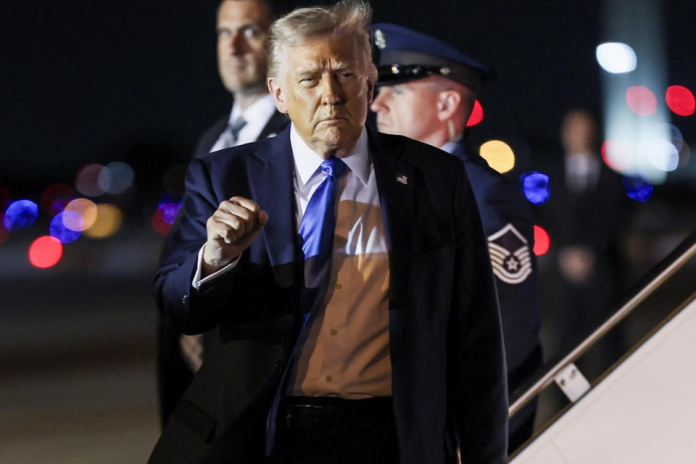US President Donald Trump sparked controversy with plans to rebrand Veterans Day as “Victory Day for World War I” and rename Victory in Europe Day (VE Day) as “Victory in World War II Day,” citing a need to celebrate American military triumphs.
The proposals, announced via Truth Social on 2 May 2025, have drawn swift backlash from historians and international observers for oversimplifying complex historical narratives.
Veterans Day, originally established as Armistice Day in 1919 to honour WWI veterans, was expanded in 1954 to recognise all US military personnel. Trump’s proposed shift to “Victory Day” refocuses the holiday on combat outcomes rather than service, a move critics argue erodes its inclusive purpose.
Similarly, VE Day, observed on 8 May to mark Nazi Germany’s 1945 surrender, would become “Victory in World War II Day” under Trump’s plan. While the US played a pivotal role in defeating Axis powers, the proposal ignores the war’s Pacific theatre, where fighting continued until September 1945 after atomic bombings in Hiroshima and Nagasaki.
We won both Wars, nobody was close to us in terms of strength, bravery, or military brilliance, but we never celebrate anything — That’s because we don’t have leaders anymore, that know how to do so! We are going to start celebrating our victories again!
Trump’s assertion that the US “did more than any other country” to secure WWII victory has also drawn sharp rebukes from Russia and the UK. Experts labelled the claim “historically illiterate,” noting the Soviet Union lost about 9 million Soviet troops and 19 million Soviet civilians during the Eastern Front’s “Great Patriotic War.”
The proposal aligns with Trump’s “America First” rhetoric but risks alienating veterans’ groups. With VE Day not a federal holiday, the practical impact of its renaming remains limited. However, historians fear the semantic shift could fuel nationalist narratives, overshadowing the multilateral cooperation that defined 20th-century conflicts.
